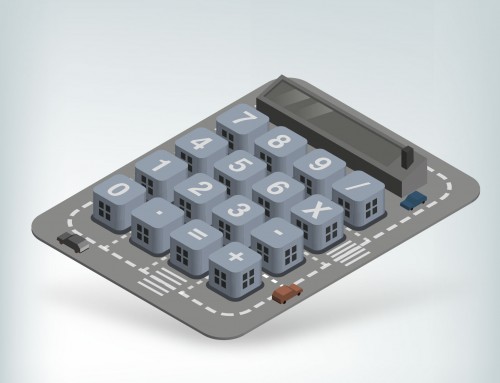Are you considering buying a home in Israel or the US? If so, it’s important to understand the differences between the mortgage process in these two countries. From down payment requirements to mortgage types and loan term lengths, there are many factors that can impact your home buying experience. In this post, we’ll explore some of the key differences between getting a mortgage in Israel and the US. We’ll also provide some visuals to help you better understand these differences.
- Mortgage Interest Deductions:
In the USA, homeowners can often deduct mortgage interest from their taxes, providing potential tax benefits. In Israel, mortgage interest is generally not tax-deductible.
- Down Payment Requirements:
In the USA, down payments for home purchases typically range from 3% to 20%, depending on the loan type and lender. In Israel, down payments for home purchases typically start at 25% and can be higher for foreign buyers.
- Mortgage Types:
In the USA, there are various mortgage types such as including fixed-rate mortgages; adjustable-rate mortgages (ARMs), and government-backed loans like FHA and VA loans. In Israel, there are more various mortgage types such as variable every month,year, two years, five years etc. these are often used together for borrowers to combine different options to create customized mortgage terms.
- Loan Term Length:
Mortgage terms in Israel can vary widely, anywhere between 4 to 30 years.
- Prepayment Penalties:
In the USA, prepayment penalties are less common, and homeowners can often make extra payments or pay off their mortgage early without penalties. In Israel, while there are no specific limits on early payments, prepayment penalties are often applied, making early repayment less favorable.
- Age Limit on Mortgages:
In Israel, mortgages are typically limited until the borrower reaches 80 years old and are rarely extended beyond that age. In the USA, there is no specific age limit on mortgages, and loan terms can extend beyond the age of 80 if the borrower qualifies.
- Guarantors:
In Israel it is common for lenders in Israel to require guarantors when the borrower’s income is deemed insufficient or when additional security is needed. In the US this is much less common
- Property tax in America is pretty simple to understand and ridiculously expensive: it’s based on your property value, which gets adjusted pretty much every year and it’s a pretty significant amount in Israel we have two kinds of property tax, both end up much cheaper than the American system: you have the one time purchase tax which is usually 8%, as of June 23, and you have a municipal bill which is based on the size and location of your property but ends up being a significantly lower tax that US property tax.






Leave A Comment